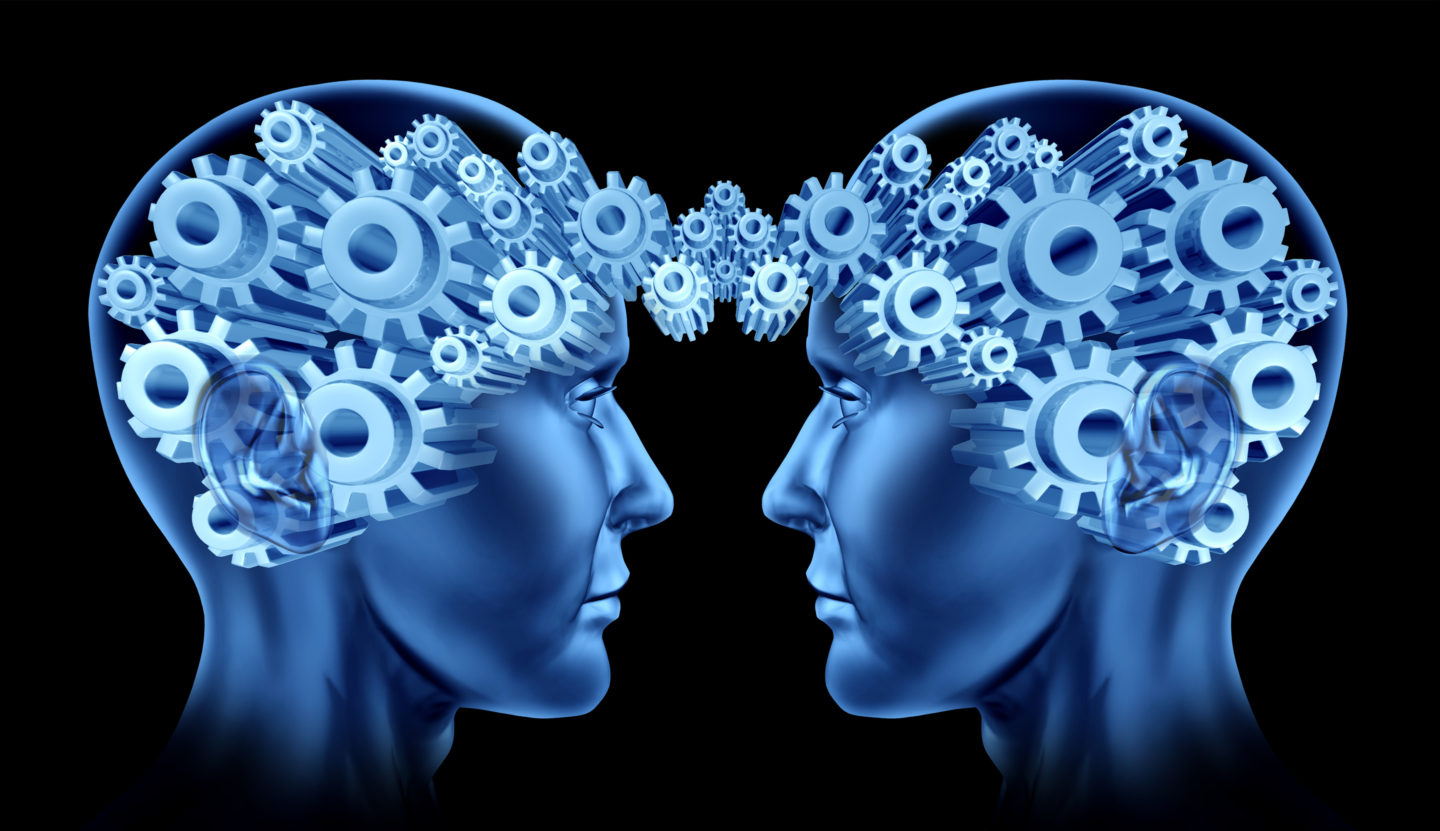System 2 reasoning (and a word about mindwandering)
Most psychologists who study human reasoning have converged on some or other version of dual-systems theory. System 1 is a set of systems that are supposed to be fast, inflexible, and unconscious in their operations, issuing in the initial intuitions many of us have when presented with a novel reasoning …







